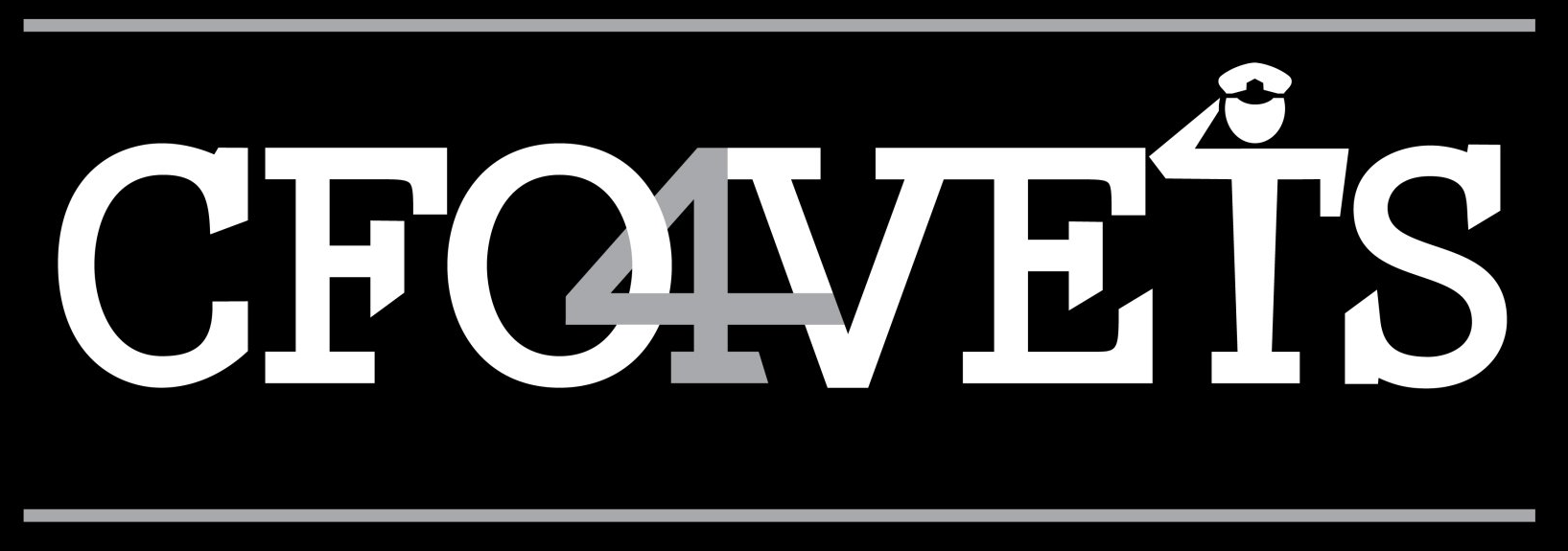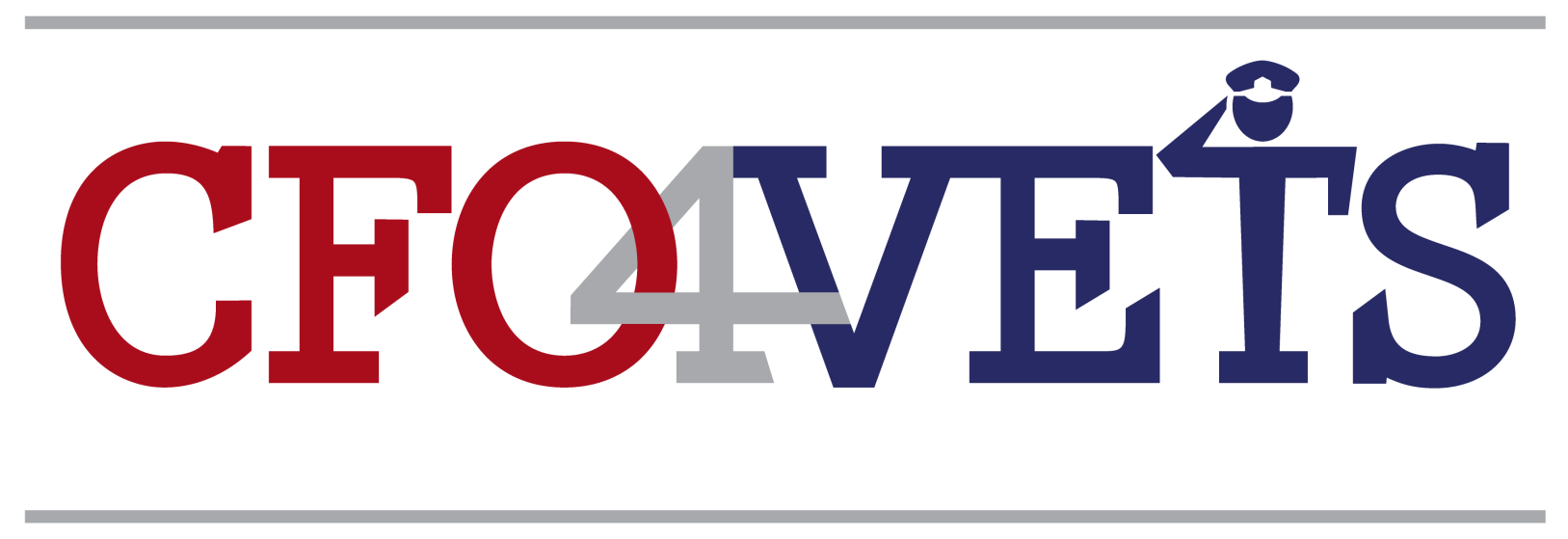I’ve seen so much in my twenty-five years as a CFO, and though I’ve worked in many sectors, the area where I’ve observed the most financial pitfalls has been for small businesses. I want to share two of my most common observations so that you can avoid making the same mistakes if you’re currently in any of these situations as a business owner. All you need is a bit of flexibility, foresight, and innovation.
1) Impulsive Cost Cutting Measures
The knee-jerk reaction for most folks in challenging economic times is a tendency to focus on cutting costs while losing sight of how important it is to optimize and innovate your revenue streams. I’m not saying that cost reduction isn’t essential, or even mandatory, during an economic downturn. Still, I will stress that reducing your costs cannot replace a concerted strategy to optimize your existing revenue streams while also exploring and building new revenue pathways. Perhaps a tactic you may want to consider is scrubbing your costs throughout the year rather than doing so dramatically during a moment of panic. It allows you to be more thoughtful in your approach. I’d also suggest you look at zero-based budgeting, which means annual expense budgets are not automatically renewed with a blanket percentage increase and, instead, each expense category is analyzed and justified based on a company’s requirements -- in concert with the overall cost structure. Even implementing zero-based budgeting on a limited basis will help avoid protracted cost-cutting during downturns. My final advice on this matter is to not be too hard on yourself! It’s easy to lose sight of growing the top line when your business is fighting for survival on the bottom line.
2) Getting Attached to Something that Isn’t Working
Another common pitfall I’ve seen repeatedly is when business owners are wedded to a product, service, or strategy that is unsuccessful. Instead of bringing in revenue, it is harming their business’s financial health. Passionate and committed entrepreneurs often take on the idea that they can make something work – even if it’s not meant to be and falsely believe that admitting defeat or giving in to the notion that if a product, service, or strategy goes away means they have failed. It’s also hard because they have almost always dedicated so many resources to their efforts that they must continue trying. However, a small business has many advantages over a large, bureaucratic entity. One advantage is flexibility. They can move quickly to take advantage of opportunities or pivot away from unsuccessful undertakings (like poorly performing products, services, or strategies) before too much financial damage is inflicted on the business. The damage is generally manifested as negative cash flows or declining profits. Still, the effects are much more far-reaching and less clear, but they impact the most finite of resources, time, and energy. I recommend having a timeline and specific goals to chart the progress of a new product or service. Then, your company has guidelines that can prevent devoting unwarranted time, money, and energy to unsuccessful projects. There is no shame in experimenting and adapting your business and acknowledging that some ideas failed. You are still doing a great job and learning with every experience, becoming more substantial and more valuable in the marketplace.







